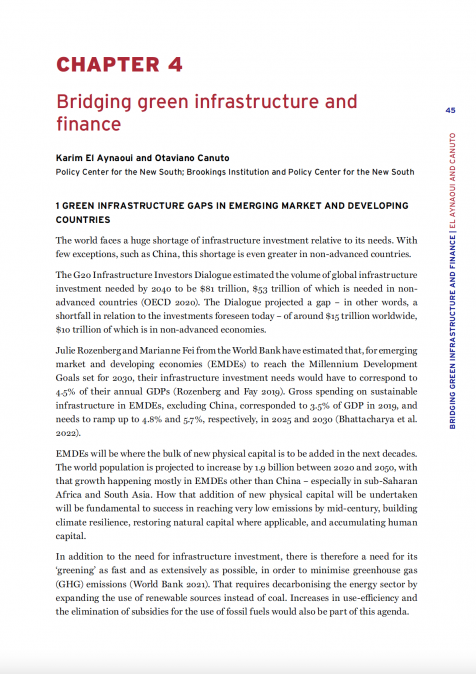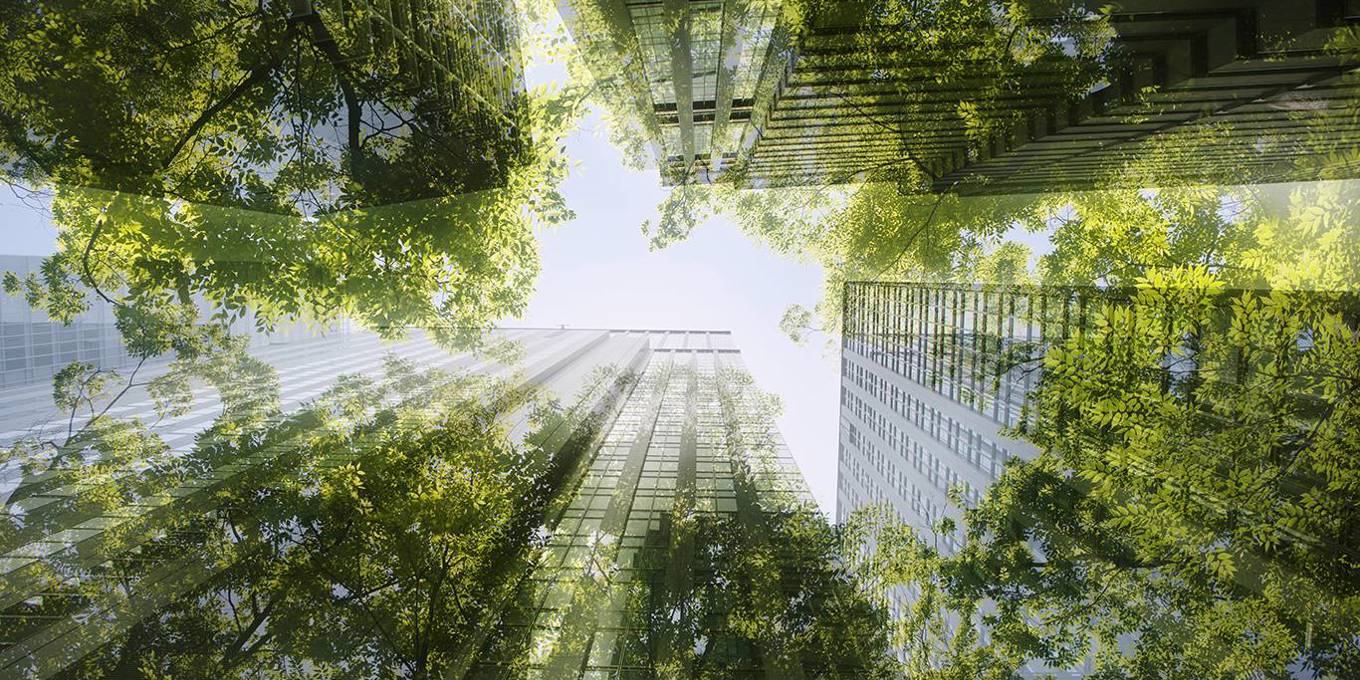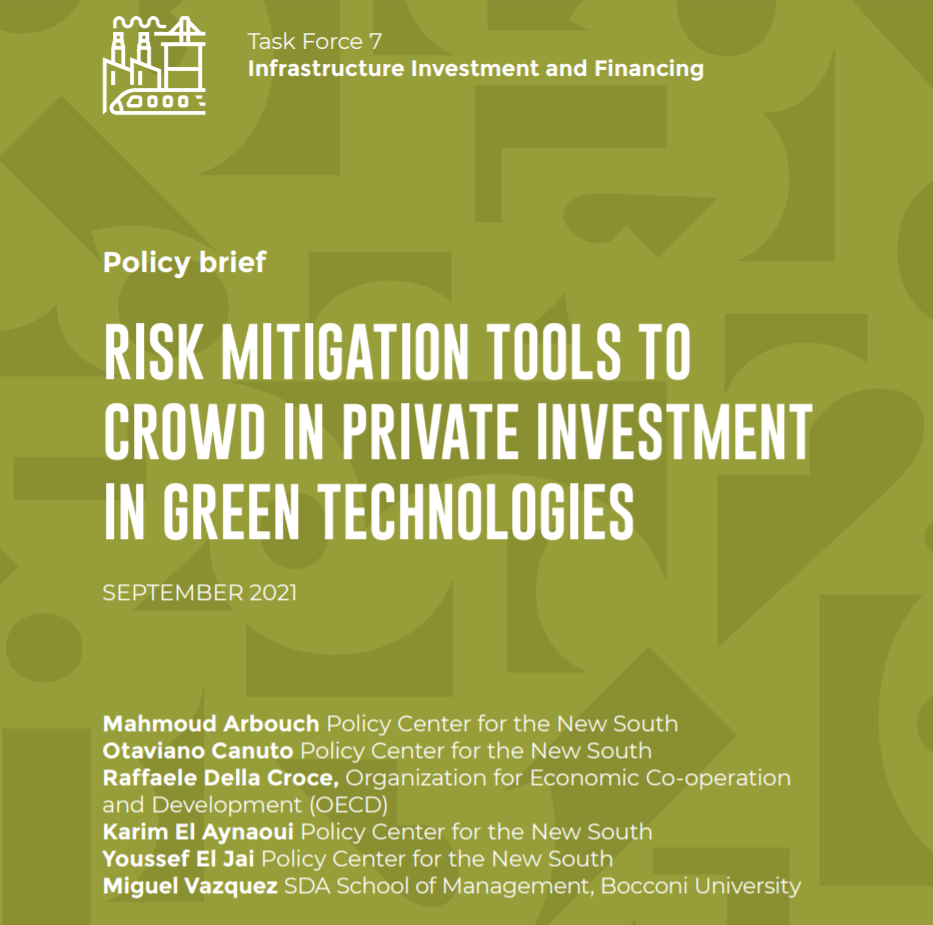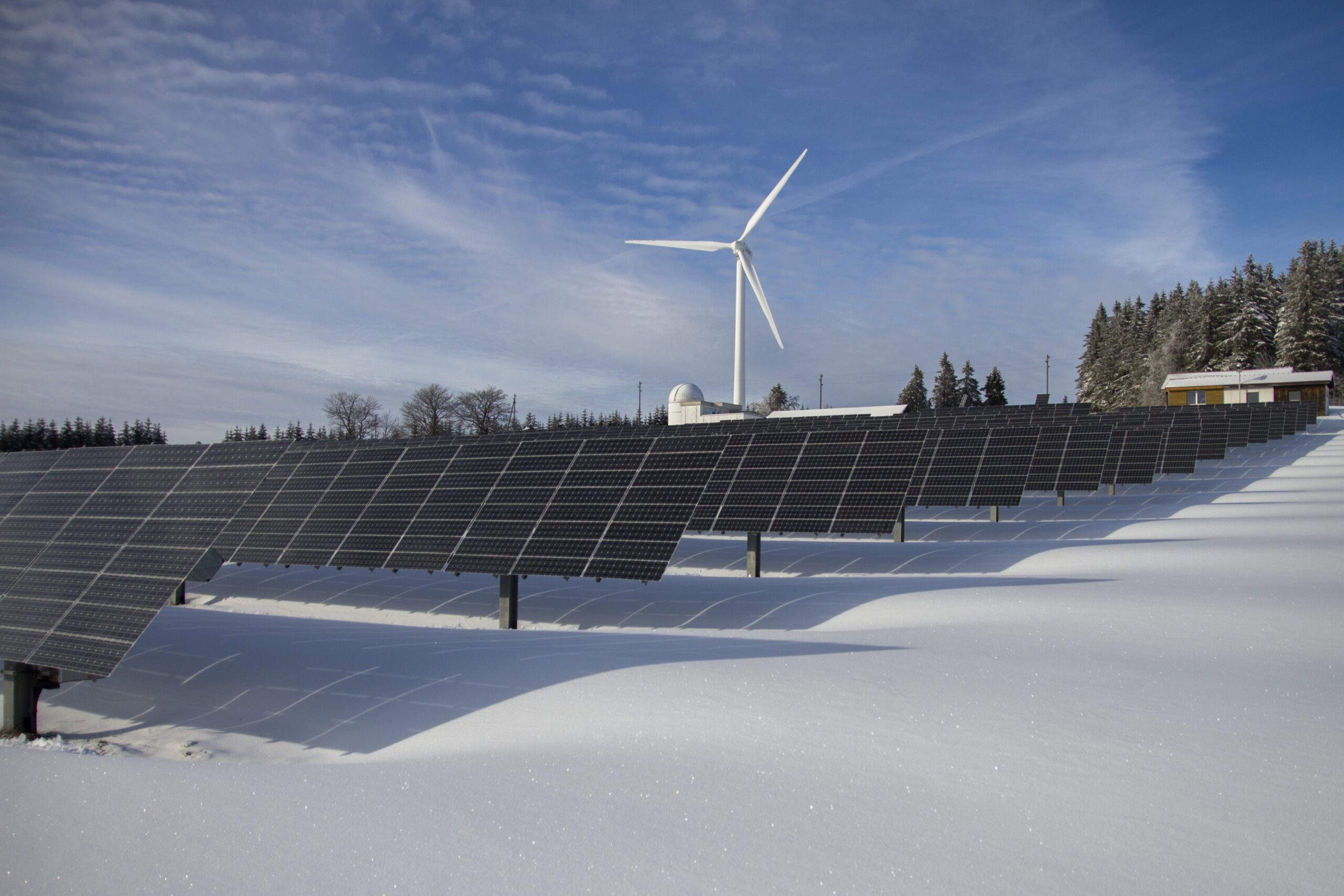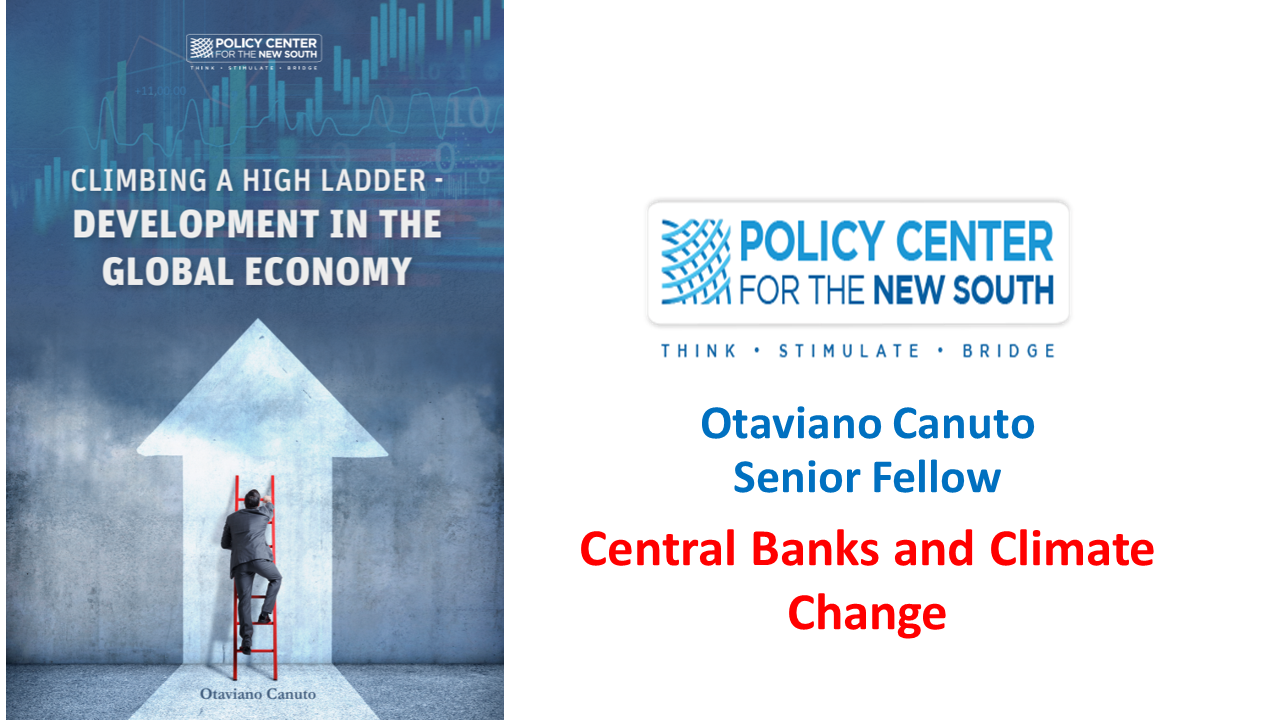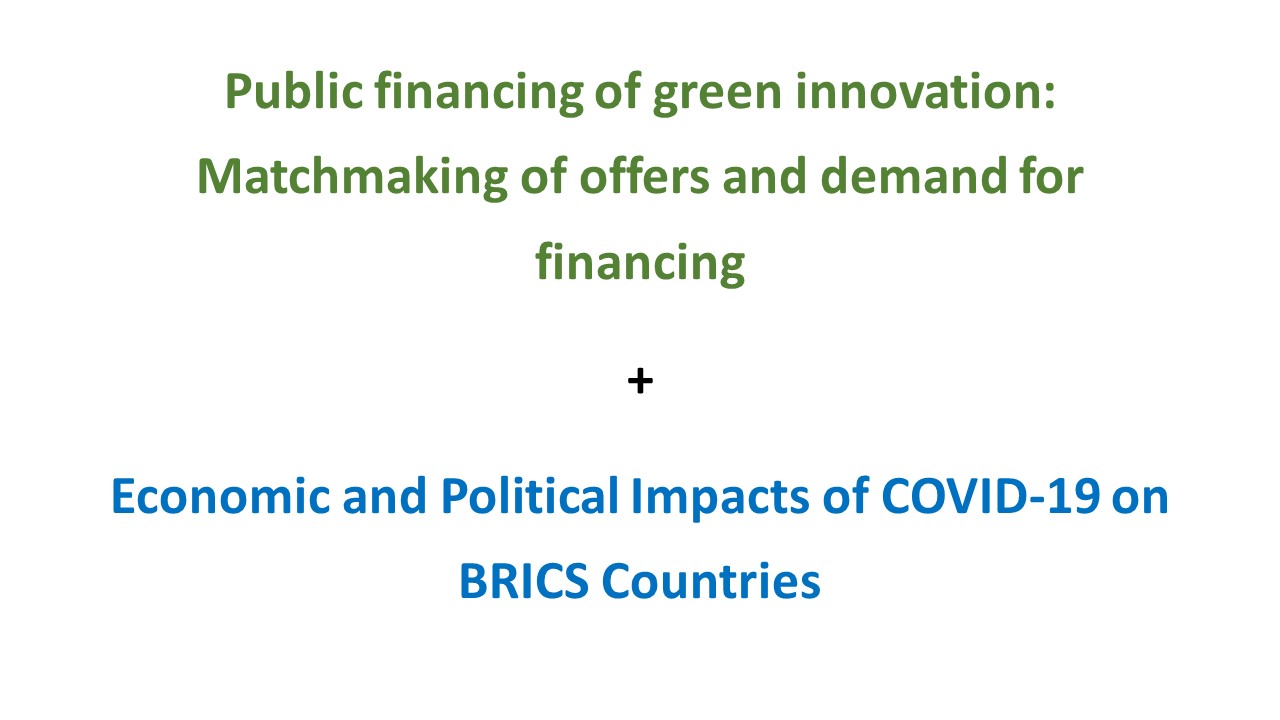Bridging Green Infrastructure and Finance
Development and the changing climate will both require a substantial increase in green infrastructure investment over the next few decades in emerging market and developing countries (EMDEs). The need for investments collides with limited fiscal space in EMDEs, an obstacle that has been aggravated by the multiple shocks faced by those economies in the last few years. At the same time, those investments potentially dovetail with excess financial savings in advanced economies (AEs). In this chapter, we explore how a bridge connecting excess savings in AEs and green infrastructure investment in EMDEs might be built.

